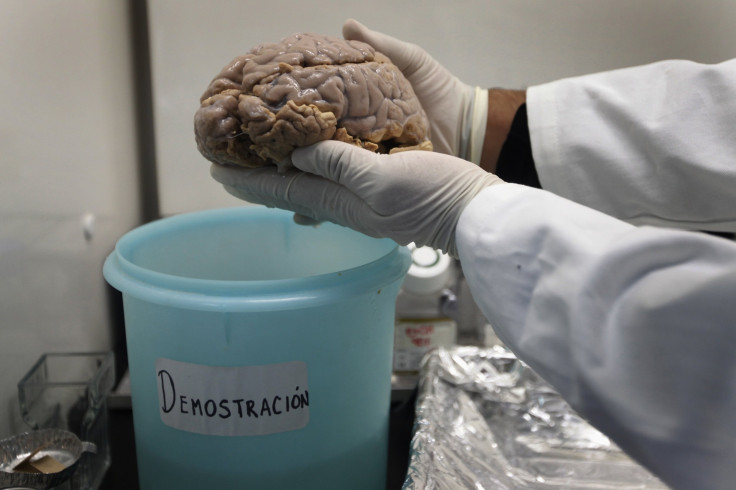Alzheimer’s Symptoms 2016: 10 Early Warning Signs Of The Disease

Alzheimer’s disease is the most common form of dementia - a type of brain disorder that affects daily life due to memory loss and cognitive changes. There are three main phases of Alzheimer's: mild, moderate, and severe.
The exact cause of Alzheimer's disease is unknown, although several factors may increase the risk of developing the condition. These include, increasing age, a family history of Alzheimer's, severe head injuries and conditions associated with cardiovascular disease. There is still no cure for the disease, which affected as many as 5 million Americans in 2013, according to the U.S. Centers for Disease Control and Prevention (CDC). The federal agency also stated that the number of people with the disease doubles every 5 years beyond age 65, and it is projected to rise to 14 million, a nearly three-fold increase.
Early Symptoms:
- Memory loss that disrupts daily life.
- Trouble planning and problem solving.
- Difficulty completing daily tasks at home.
- Confusion, disorientation and getting lost in familiar places.
- Problems moving around without assistance or performing self-care tasks.
- Changes in vision.
- Hallucinations (seeing or hearing things that aren't there) and delusions (believing things that are untrue).
- Problems with speech and language.
- Social withdrawal and lack of motivation.
- Conditions that affect metabolism, such as a thyroid problem
Alzheimer’s disease is one of the top 10 leading causes of death in the U.S., as death rates for Alzheimer’s are increasing, unlike heart disease and cancer death rates that are on the decline.
Several researchers are conducting studies to understand whether education, diet, and environment play a role in developing Alzheimer’s disease. The treatment for the disease focuses on helping people maintain mental function, managing behavioral symptoms and slowing or delaying the symptoms, according to the CDC.



























